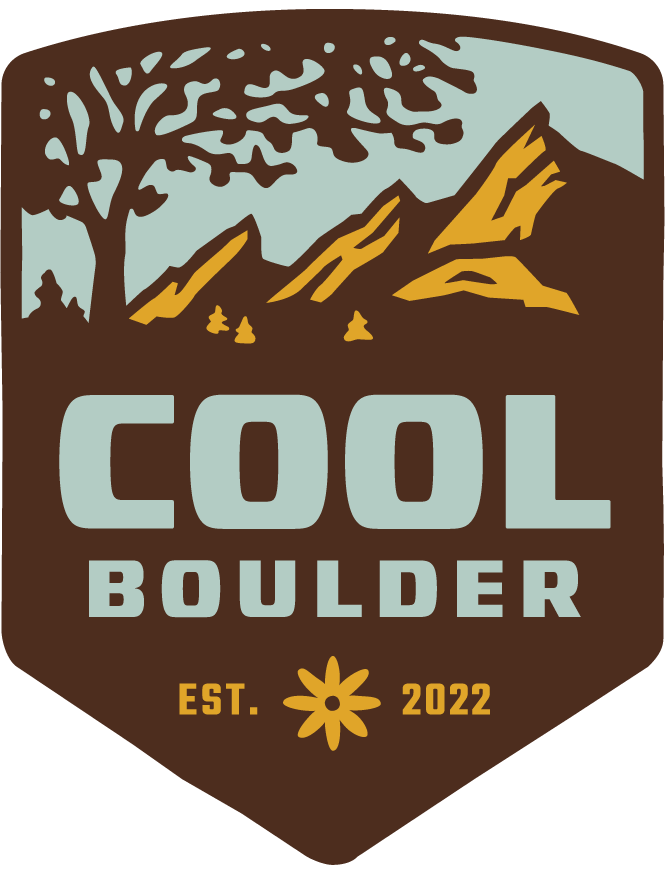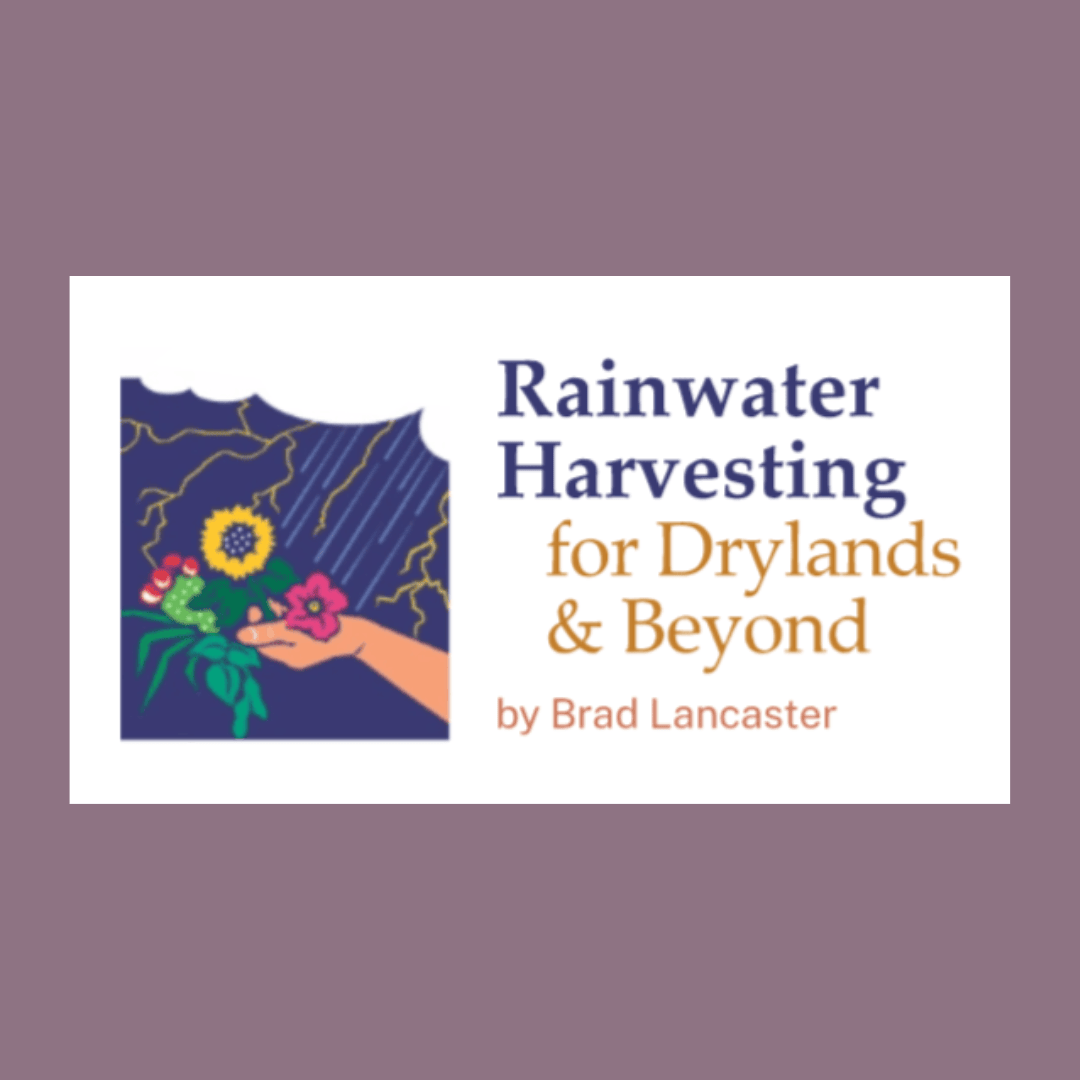Planting Rain with Brad Lancaster: Event Recap
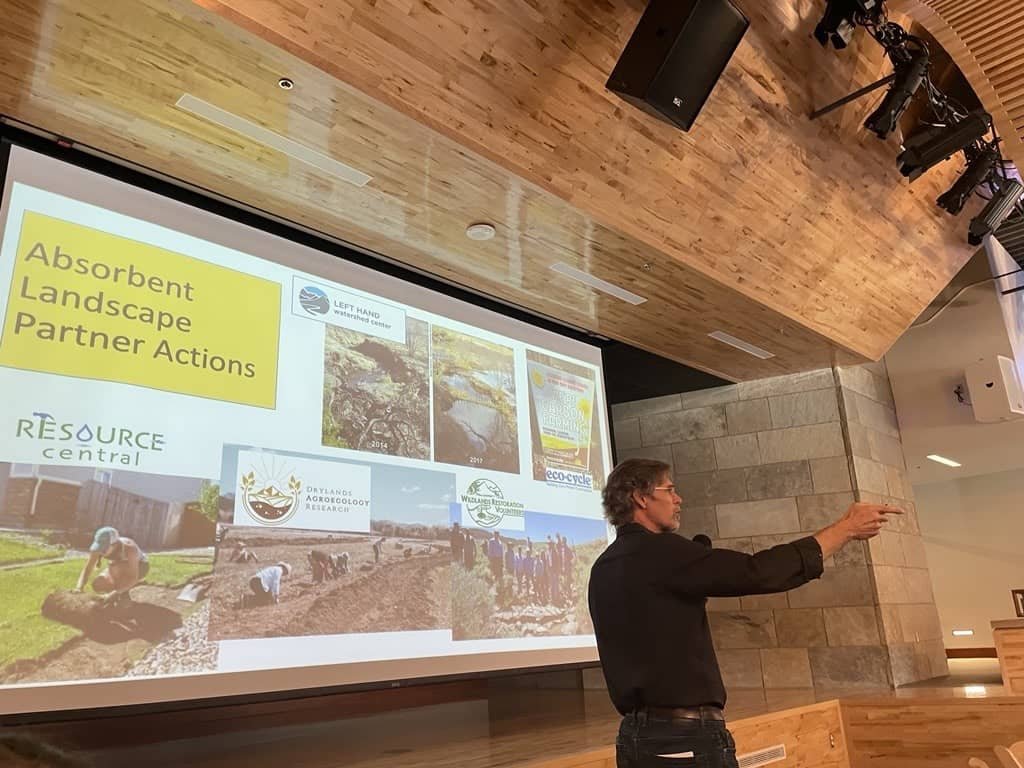
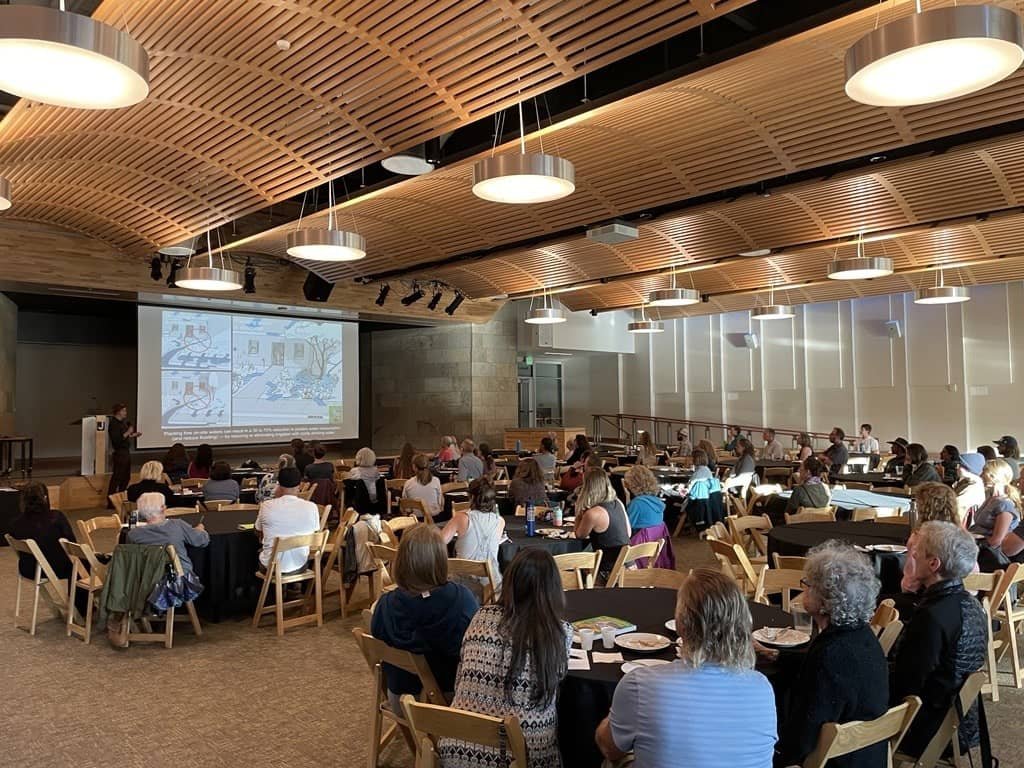
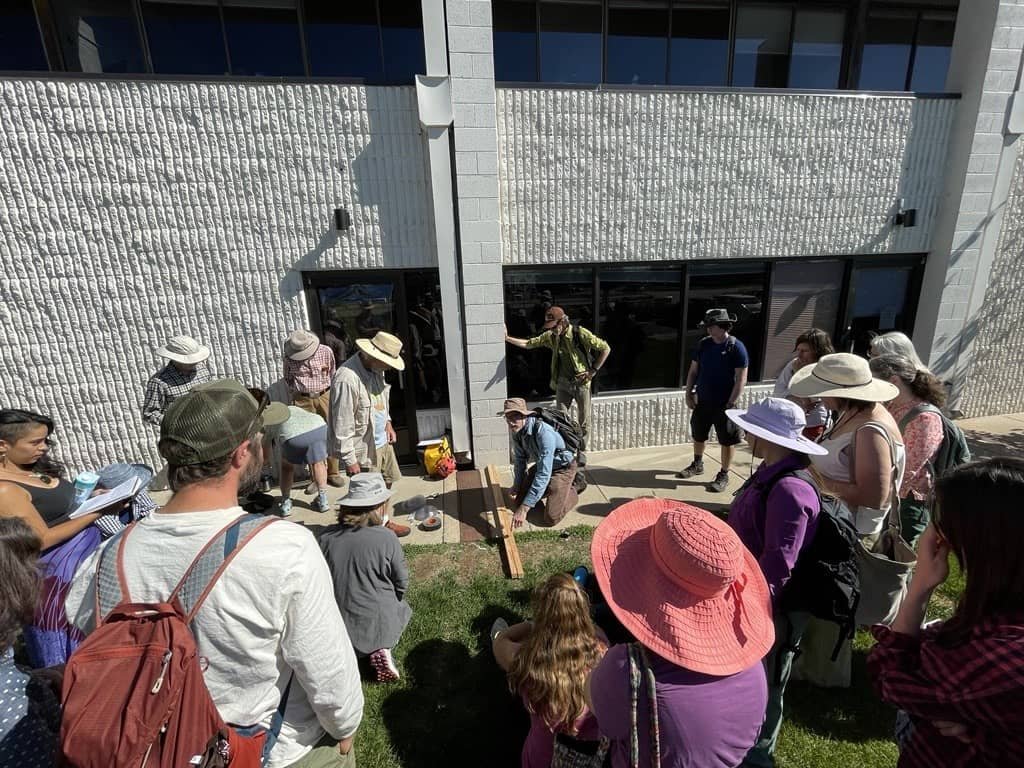
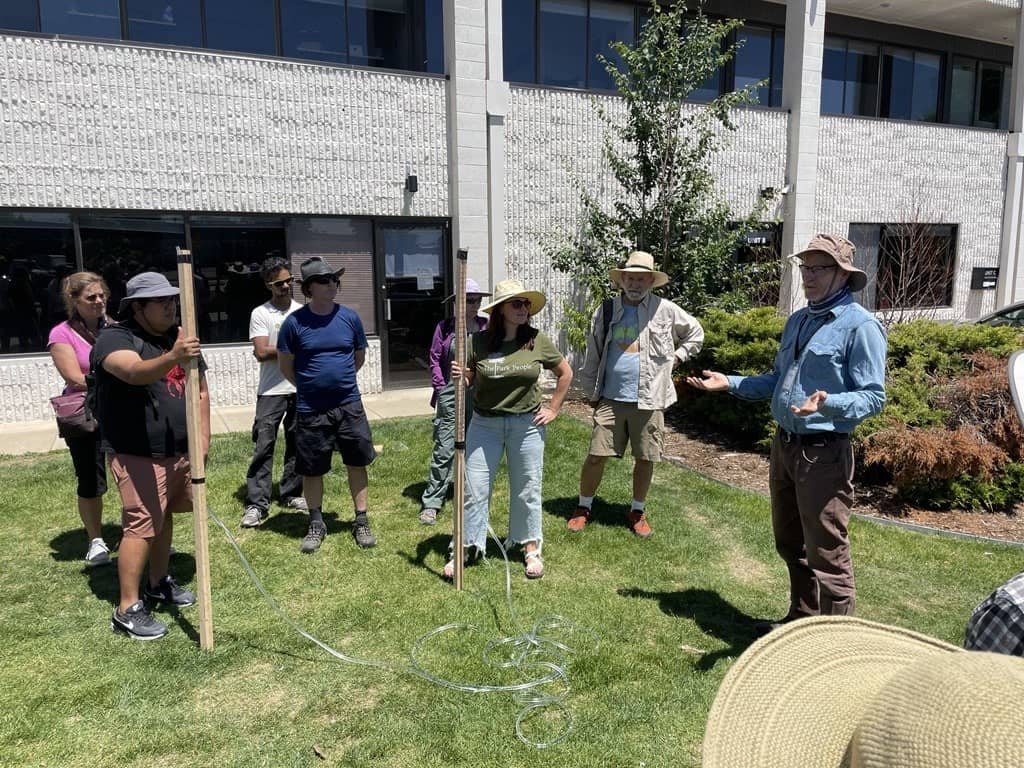
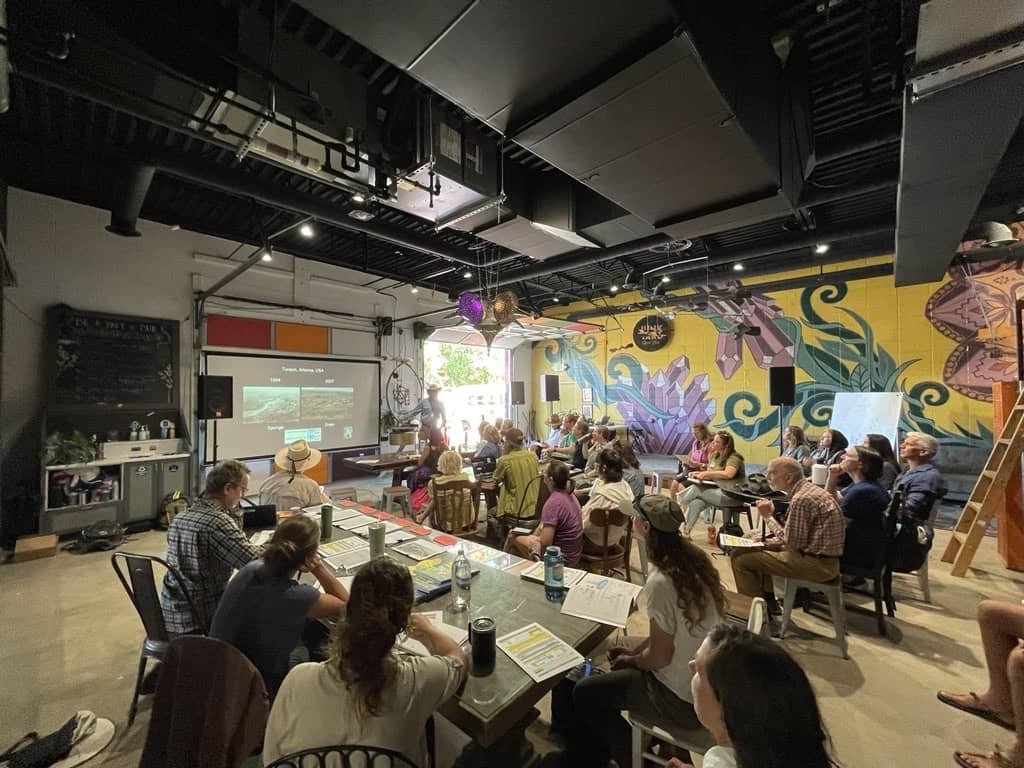
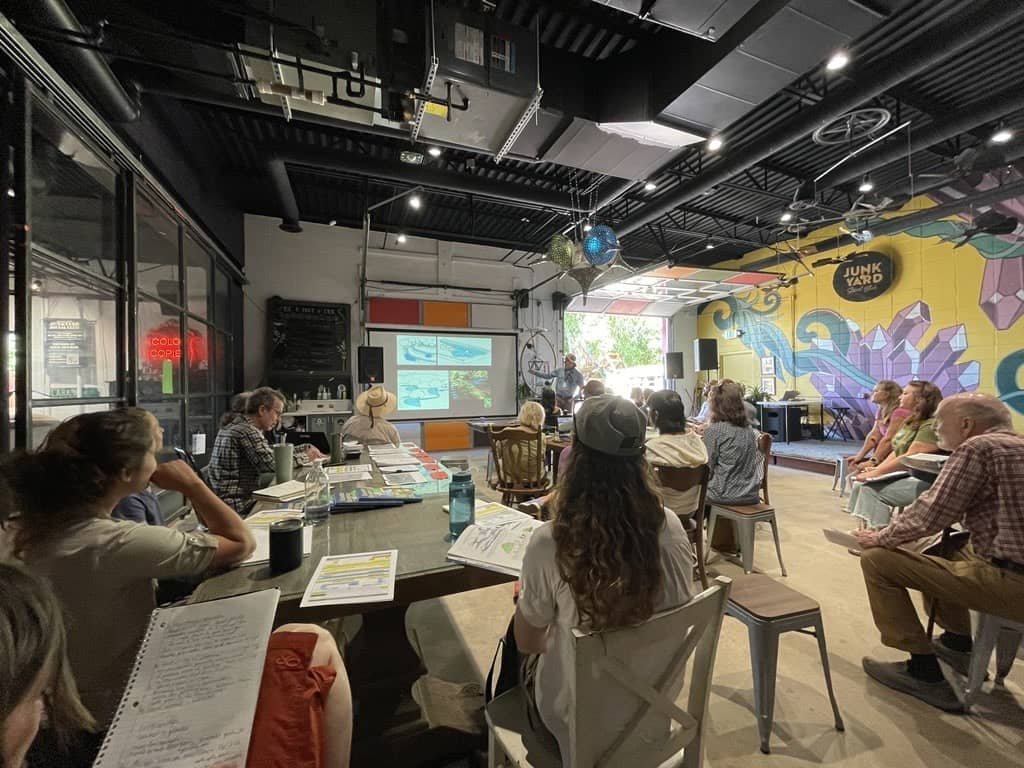
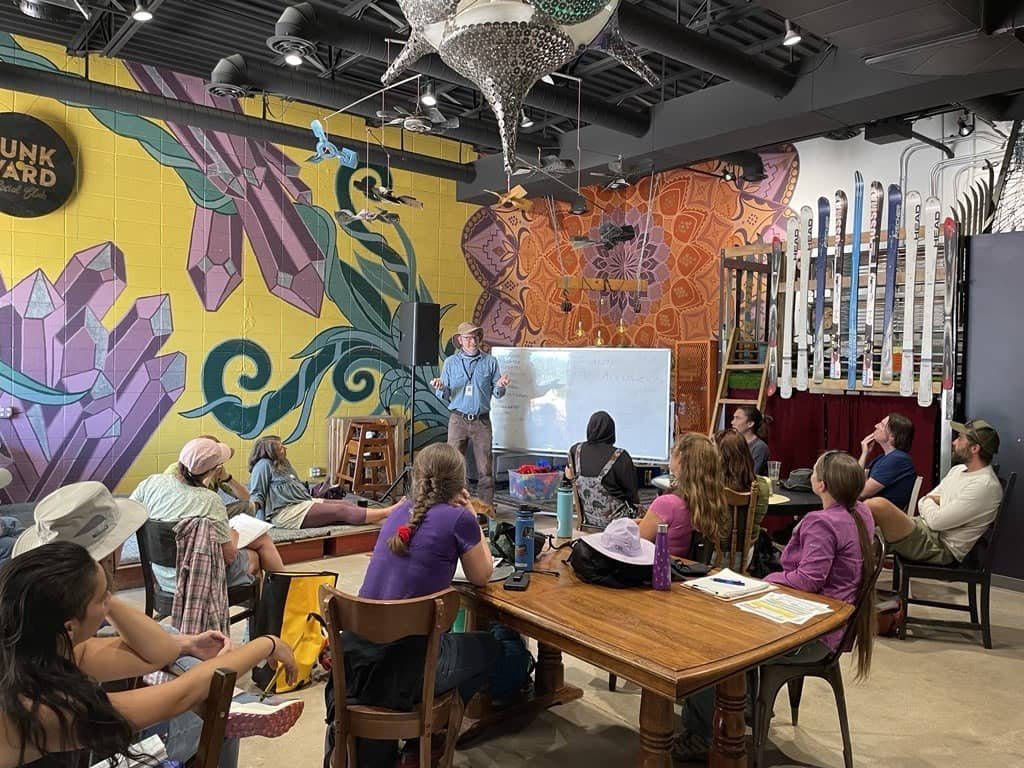
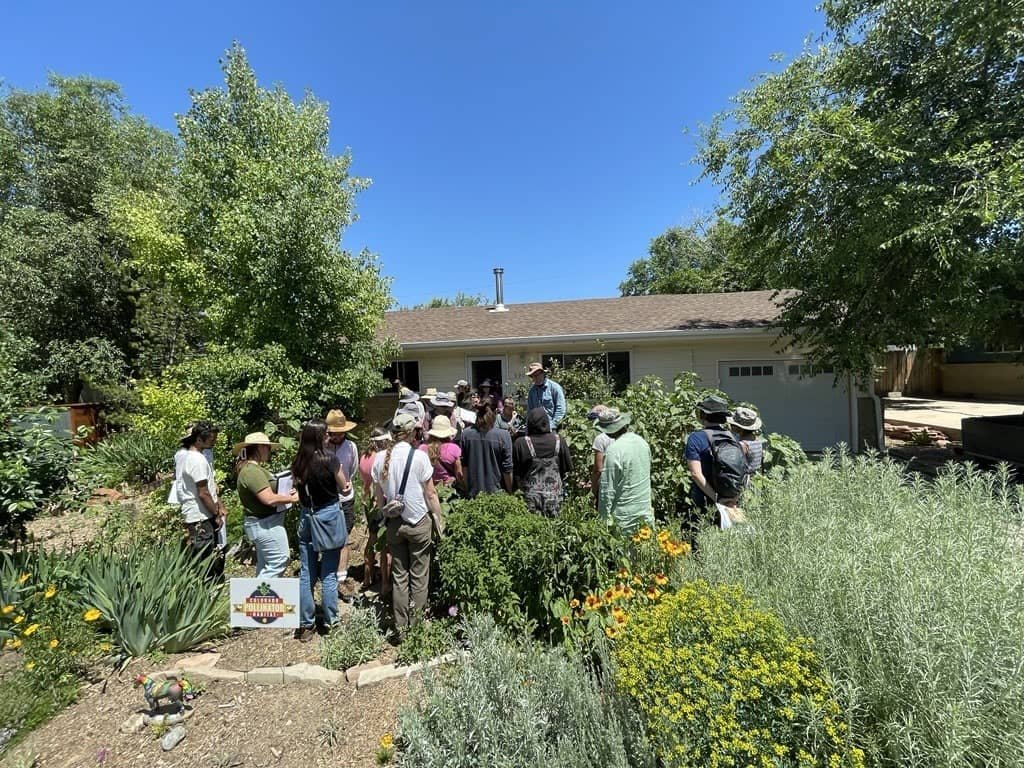
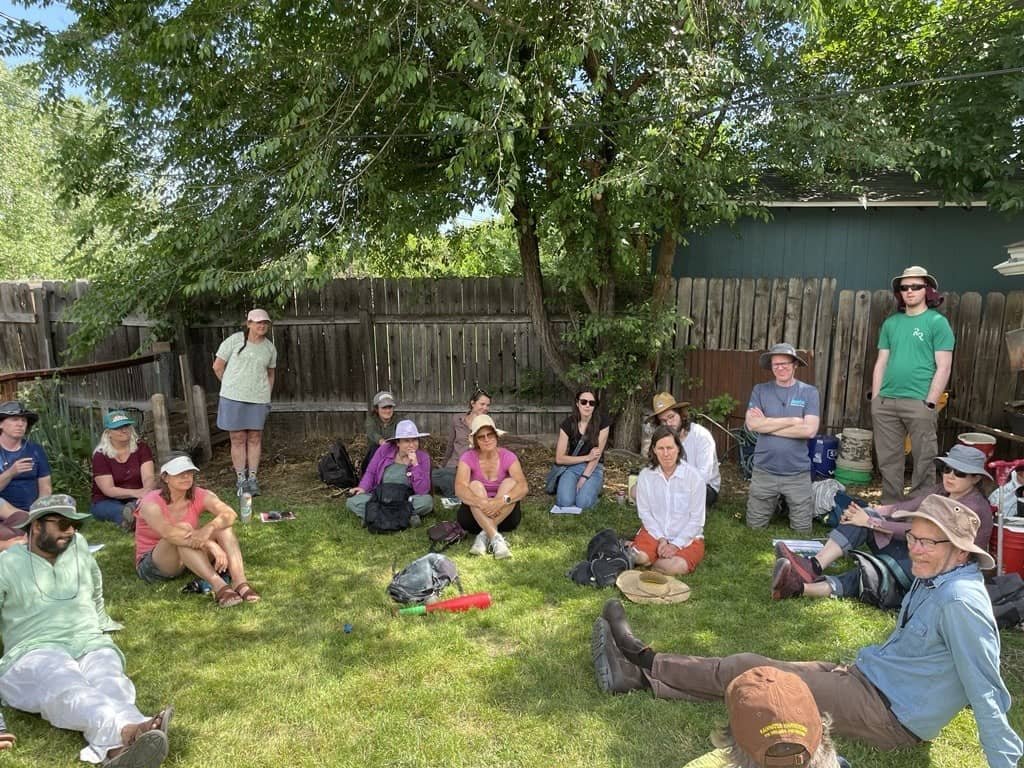
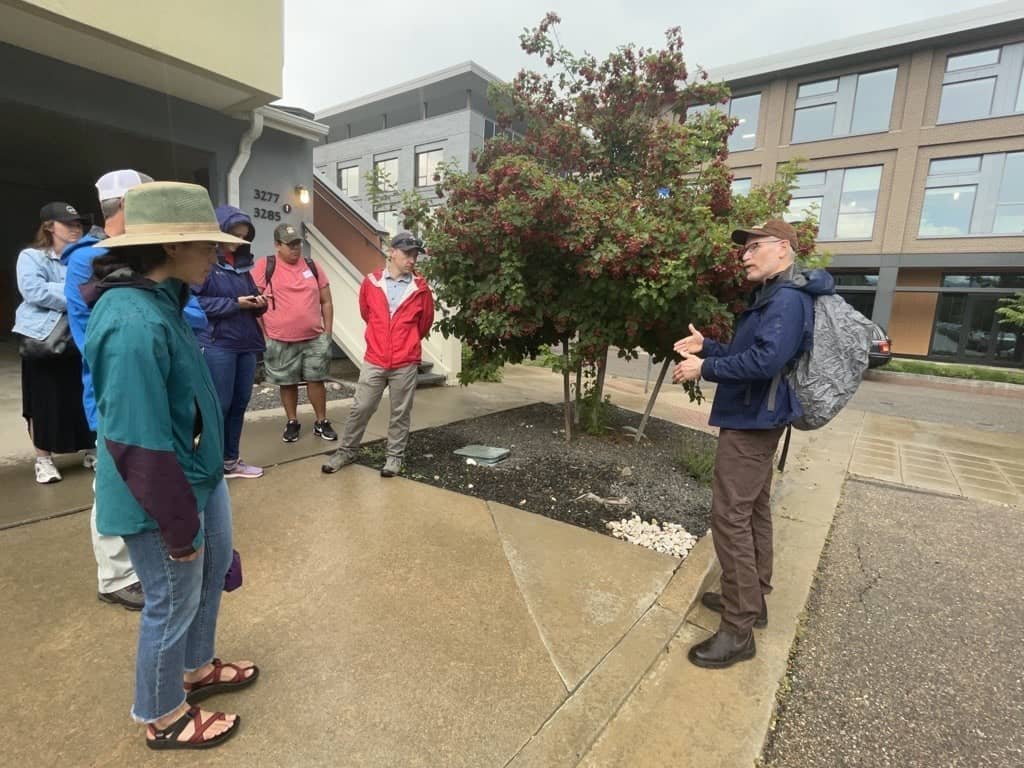
Background:
Climate change is occurring all around us - even if we don’t notice it at first. Floods, wildfires, and hailstorms often make the news because of the damage they cause and their impacts are clear to see. However, trends that are harder to see, such as desertification, or the gradual degradation and dehydration of our landscapes, can also lead to vast amounts of damage. By destroying our soils, cutting down forests and transforming ecosystems into monocultures, the UN estimates that humans have deeply degraded around 70% of the land area on the planet. Land degradation accounts for a third or more of the excess carbon in the atmosphere released by human activities, due to the carbon that is no longer being held within the landscape by vegetation and healthy soils. Furthermore, degraded landscapes also release water into the atmosphere, dehydrating the land and causing desertification.
Meanwhile, as climate change leads to hotter temperatures and longer summers, we will need to look for more ways to keep ourselves and our communities cool and livable. One of the most efficient ways to do this is to plant trees and shrubs, which act as natural heat pumps. Plants use solar energy and carbon to make nutrients, while converting liquid water into vapor - a process that naturally cools down our local environment. Furthermore, these living heat pumps can “plant” water, carbon and nutrients into our soils and improve their ability to retain them. By taking advantage of these natural processes, we can reverse trends such as climate change and desertification to regenerate and rehydrate our landscapes. For example, author and expert in planting rainwater, Brad Lancaster, has learned to do just that. By planting the rain, Brad has shown how we can live off the abundance of rain that falls on our landscapes and use it to grow living, absorbent landscapes that keep us cool and fight climate change.
Event Description:
Cool Boulder is excited to present to you an presentation by rainwater planting pioneer, Brad Lancaster, sharing stories and inspirational examples of how planting rain could help create landscapes and communities that are resilient to climate change, as well as healthier and happier places to live!
Brad Lancaster has worked with communities all over the world to bring both indigenous and traditional knowledge of rainwater planting together with contemporary approaches and technologies that enable us to live and thrive on the water that comes to us for free from the sky.
Recognizing that Colorado’s future climate will much more closely resemble places like New Mexico, we need to learn from those who have already been adapting to a limited ground/surface water future. Brad shares emerging lessons and best practices that are reshaping both the way we approach infrastructure development and water policy, both in his native home of Tucson, AZ (average rainfall 10-12”/yr) and elsewhere.
Learn about specific approaches being taken in other communities and examples of household and community projects that are easily implemented at both levels. A Q&A session follows Brad’s storytelling presentation.
Event Recording:
See below for more resources, key timestamps and a glossary of terms.
To access the resources Brad provided on planting rainwater, as mentioned in his presentations & workshops, click the button below:
Want to learn more about planting rain, Brad's innovating work and the techniques he has refined? Check out the following!
Want to implement these techniques at your home?
Brad has literally written the books on rainwater harvesting practices and has put together a website full of information, resources, media and galleries, products, and more for people like you to learn more!
Check out his website by clicking the buttons below:
A short movie was recently made about Brad, called, "Water Harvester: An Invitation to Abundance", which explores Brad’s journey to becoming a rainwater planting pioneer, and shows some of the amazing transformations he’s helped create.
To watch the 27 minute short movie, click the button below:
Key Timestamps: (Event Length - 1:34:47)
27:48 - Start of Event
29:00 - Intro: Cool Boulder and Nature-Based Climate Solutions
39:30 - Introduction to Brad Lancaster
43:15 - Green Infrastructure & Rainwater Management - Portland OR Example
49:40 - Plant the Rain, Then Your Plants - Tucson, AZ Example
51:15 - Rethinking Our Landscapes and Communities
50:03 - Three Important Elevation Relationships
54:41 - Redirecting Flow to Reduce Flooding & Increase Available Rainfall
56:42 - Plant the Rain, While Planting Carbon & Growing Resources - Santa Fe, NM Example
59:22 - Rain Garden Planting Zones
1:00:47 - Real World Examples - Tucson, AZ Example
1:02:07 - Mulching with On-Site Nutrients
1:05:05 - Be Creative! Vertical Mulching & Eddy/Backwater Basins
1:07:00 - Making Change, and Taking it Further
1:11:56 - Global Implications
1:14:07 - Potentials of Greywater Harvesting
1:25:18 - Larger Scale, Commercial Site Implementation - University of Arizona Example
1:30:17 - Maximizing Capacity, Potential, & Resilience
1:33:57 - Living Within the Budget
1:34:57 - Adoption Challenges and Potentials
1:37:15 - City of Tucson Storm to Shade GSI Program Example
1:39:33 - Community Potentials
1:41:26 - Your Role in the Lifeblood of Your Community Watershed?
1:42:19 - Wrap Up
1:47:35 - Q&A Session
2:02:35 - End of Show
